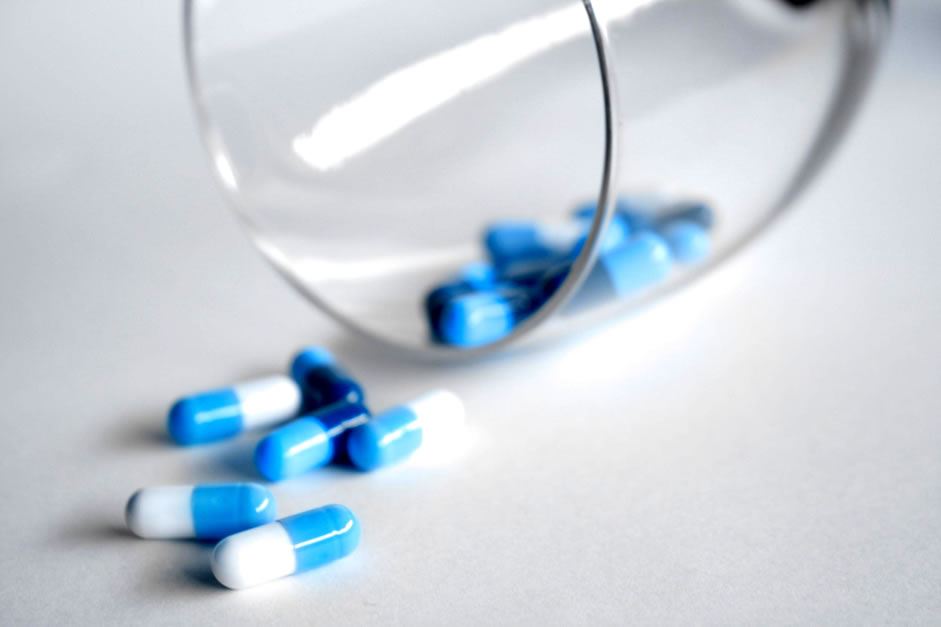WOMEN and Children: What happens after an HIV diagnosis?

An HIV diagnosis can completely upset someone’s life and be very difficult mentally. However, it needn’t be a death sentence or a shameful experience. You can both protect yourself and your family with simple gestures that are easier than you think. ASCOA can help you while you get used to your diagnosis. But first, you must forgive yourself. Millions of people worldwide live with HIV. Some were born with the virus, others acquired it later. In all cases, it is our duty to make sure that patients remain part of the community and continue to live fulfilling lives.
Protecting yourself
The first step to living a healthy life despite the virus is to take your antiretroviral medication, as prescribed by a medical professional. If you do so, the viral load in your blood will become undetectable. That means that you will not be at risk of developing complications such as AIDS. If you are in a position to do so while not putting yourself at risk, you can also become an advocate for HIV patients by being open about your status.
Protecting your family
ASCOA regularly distributes condoms to help you protect your partner. However, taking your medication as prescribed is the best way to prevent transmission. If you are pregnant and able to do so, seeing a medical professional to discuss your status openly will help make sure that your baby is safe from infection. Make sure that you and your family are aware of how the virus is transmitted. People with HIV can touch, hug or kiss others without any risk.
While we know that HIV stigma is real and impact the lives of many, we also believe that sweeping the virus under the rug will only create more transmission cases and preventable deaths. Support ASCOA now to help change the situation.
Are you or someone from your family impacted by the virus? Contact ASCOA and tell us about your experience! We will publish it anonymously.